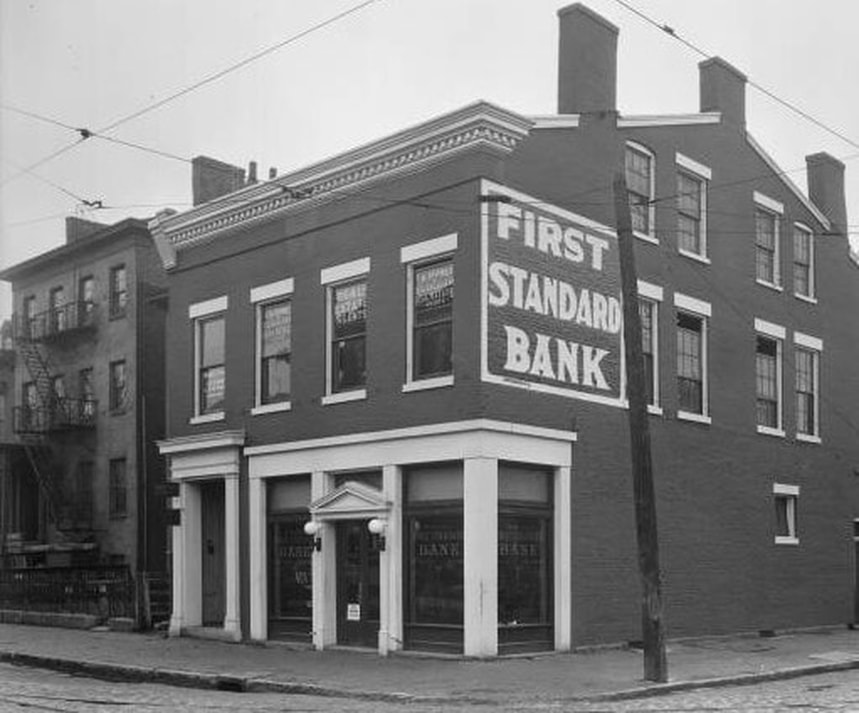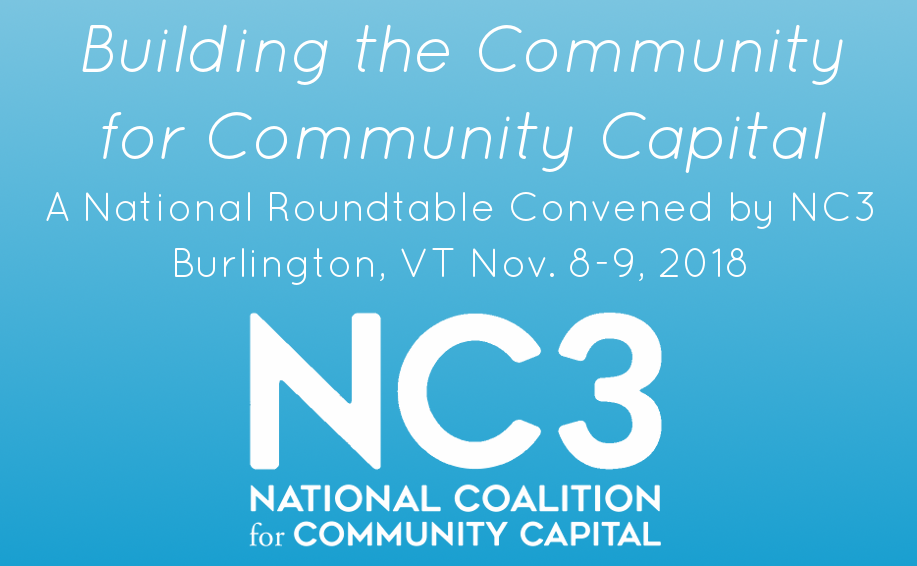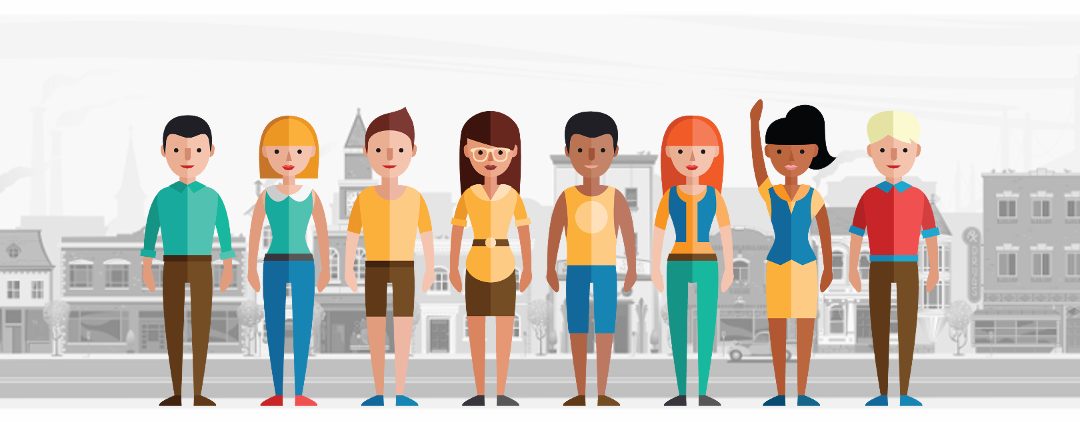|
At the National Coalition for Community Capital (NC3), we’re excited about the continued growth of both the investment crowdfunding field and the broader community capital movement; and we’re inspired by the thousands of innovative entrepreneurs, investors, and community champions around the country who have been leveraging emerging capital formation opportunities to democratize the economy and build healthier local economies. We’re also encouraged by the willingness of regulators and legislators to listen to stakeholder input and expand opportunities for innovators to pool community capital. And we’re hopeful that exciting new pathways may be opening soon for community champions looking to take the community capital movement to the next level – and invigorate their local capital ecosystems with new forms of Community Investment Funds (CIFs).
0 Comments
The First Standard Bank, an African American-owned bank which operated in the prosperous Walnut Street neighborhood of Louisville prior to its closing in 1931. The bank and the community prosperity it helped nurture are reminders of both what’s possible when grassroots economic development is allowed to flourish – and what can happen when local economies are undermined by external influences that reduce local ownership and control. (photo credit: //uofllibraries.wordpress.com/2013/09/04/old-walnut-street-african-american-businesses/)
NC3 was formed to address economic injustice and bring our economy more in line with the American dream of an equitable, inclusive democracy where power and control are distributed and everyone participates in shaping community life. With demonstrations around the country highlighting the insidious nature of inequitably distributed power – and inspiring millions to stand up against systemic injustice – we’re hopeful that we’re on the verge of some major and long overdue changes.
The coronavirus crisis has hit our communities suddenly and intensely. And by forcing people to retreat to their homes indefinitely, it has put up significant barriers to both economic activity and collaboration. Yet despite the barriers, and despite the enormity of the challenge that the coronavirus presents to community economics in the weeks and months and years ahead, community capitalists are stepping up and doing their part to support each other and their communities in amazing ways.
In recent decades, community capital innovators have succeeded in reforming regulations and building the foundation for a more democratic and inclusive economy. Their shared vision of a more just, more collaborative, and more equitably prosperous future brought them together. They exchanged ideas, they learned from one another, they launched projects together, and they wound up creating opportunities for millions of people to start participating in exciting new ways in revitalizing Main Streets across America.
A Note from the New Executive Director, Ken Linge
I feel extremely honored and fortunate to have been chosen to lead NC3 in the years ahead, and I look forward to working with the amazing people who selflessly and tirelessly serve as board members, advisors, and partners. I also look forward to working with the allies around the country who share the NC3 vision of a more inclusive, equitable, and democratic economy. |
© National Coalition for Community Capital - NC3. All rights reserved.




